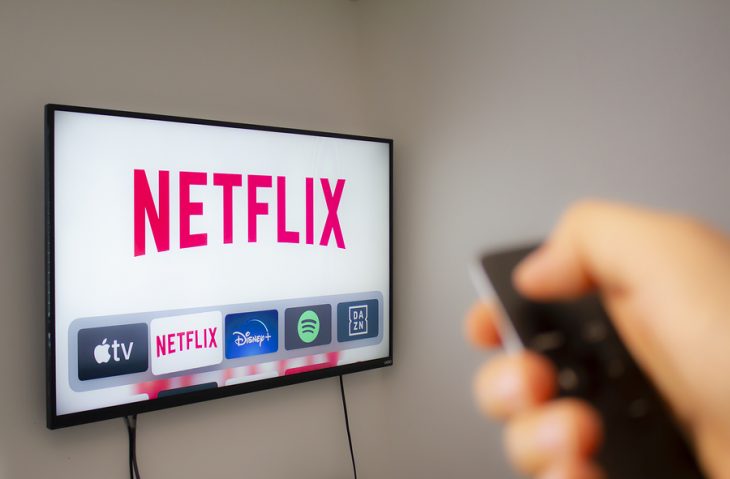
Much depends on France-U.S. talks
By Denis Carmel
OTTAWA – Last month the Federal Liberals offered up some confusion on taxing the digital giants like Facebook, Amazon, Apple, Netflix and Google (FAANGs), something promised by the Liberal’s 2019 election platform.
On December 12th, Heritage Minister Stephen Guilbault seemed to allude to a quick move and since the platform speaks of potential revenue of $540 million in 2020–2021, his comments reported in Le Devoir said he might not wait for an international agreement.
The next day Prime Minister Trudeau, in his first TV interview on Radio-Canada, said he wanted to work in tandem with international partners.
Yet, on December 9th, in Question Period, Finance Minister Bill Morneau was said: “We’ve been very clear that we want to make sure that digital companies pay their fair share of taxes in our country. That means we will move forward. We do think that moving forward together with the OECD and that process is the best way to ensure that happens because these companies are international and we want to make sure they pay their fair share of tax and don’t find a way around it. We will be working together with other countries to get there and, of course, we will be doing it in a way that gets the results we want but is cooperative.”
So, Canada will wait for an OECD consensus. Probably.
One of the obstacles is France has instituted a 3% tax on the digital revenues earned in the country by large tech companies including Google, Apple, Facebook, Netflix and Amazon. The office of the U.S. Trade Representative said the levy discriminates against U.S. companies and last month, the U.S. said it would hit $2.4 billion of French products with tariffs in response.
However, discussions between various players could bring hope to those who would like to see the large digital enterprises contribute to the Canadian economy like other players.
“I had a long discussion with U.S. Treasury Secretary Steven Mnuchin yesterday,” French Finance Minister Bruno Le Maire said in Paris on Tuesday, as reported by Bloomberg. “We agreed to redouble our efforts in the coming days to try to find a compromise on digital taxation in the framework” of the Organization for Economic Cooperation and Development, he said.
“We have given ourselves 15 days until our next meeting on the margins of the Davos Economic Summit at the end of January,” he added.
Le Maire spoke alongside Phil Hogan, who took over as European Union trade chief in December. The Irishman helped portray a united front, saying, “The EU Commission will stand together with France and all other member states who wish to have the sovereign right to impose digital taxation on companies in a fair way.”
Agreements on this subject have been stalled by the United States.
It’s worth noting again the provincial governments of Québec and Saskatchewan are already taxing these companies.



